
Black Miami Matters Tour combines the most scenic and historic places in Miami. It brings back Spanish Florida’s black history when the King of Spain declared Florida a “Slave Sanctuary” in the 1600’s, lasting until Andrew Jackson annexed Florida and tried to send Native Americans to Oklahoma and recapture the thousands of Africans living in Florida.
Meaning the Underground Railroad went south thru Florida before it ever went north, provoking a 40 year war against the Seminoles, Miccosukee and Black Seminoles.

The tour focuses heavily on Miami’s under appreciated role in the 1950’s and 60’s civil rights movement, with the Hampton Hotel the highlight of the tour. Plus this crazy mix of cultures scattered thru Dade County.
For groups > 13 you need your own bus. Academy has a great driver, Ben, that i work well with as a step on guide.
2-3 stops per 4 hour tour.
Black Miami neighborhoods covered are:
Stops to choose from:


Brownsville’s Historic Hampton House is where “One Night in Miami” was filmed. The guides make this the highlight of the day. Nearby is Georgette’s Tea room and the Lincoln Cemetery.

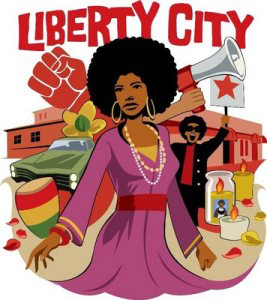
Liberty City, Lemon City, Little Haiti, Little River. Even locals don’t know where one ends and the other begins.
Recommended time 30-60 minutes.
The 1980 McDuffie Riots left a scar still visible today. A decorated Marine popped a wheelie on his motorcycle and wound up beaten to death by police. An all white jury found the police not guilty and all hell broke loose.

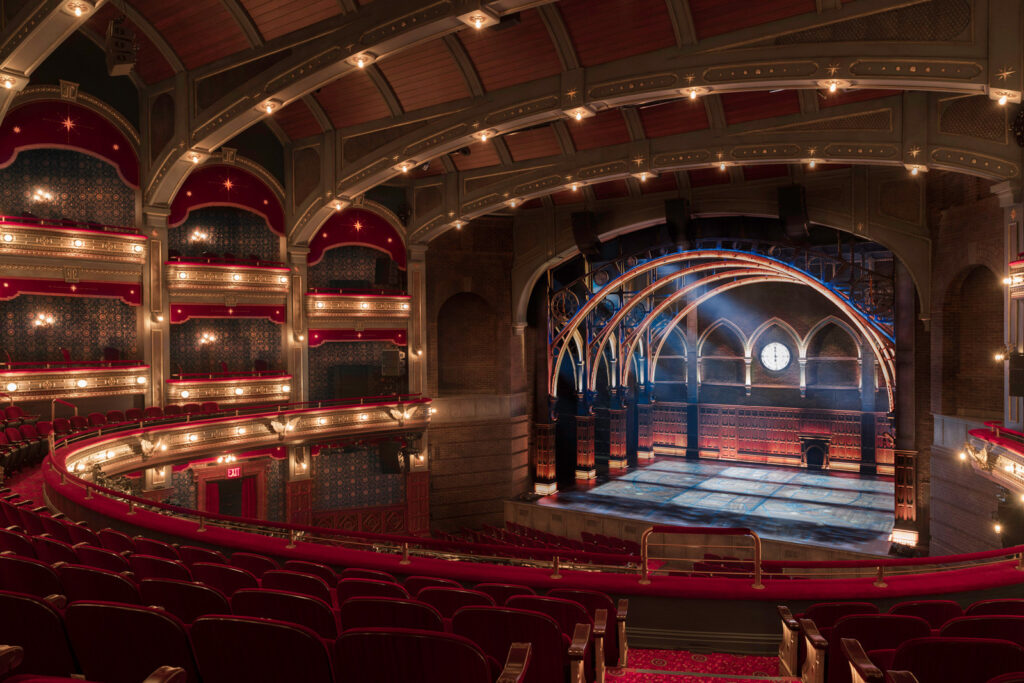
Overtown was the heart and soul of Miami’s black community before construction of the I-95 highway nearly destroyed it. Overtown is enjoying a kind of renaissance with new residence buildings, restaurants and spillover from Wynwood’s growth. The Black Police Precinct, the Lyric Theater, Dana Dorsey’s house, Dorsey field and all the1890’s churches all highlight Overtown rich history.
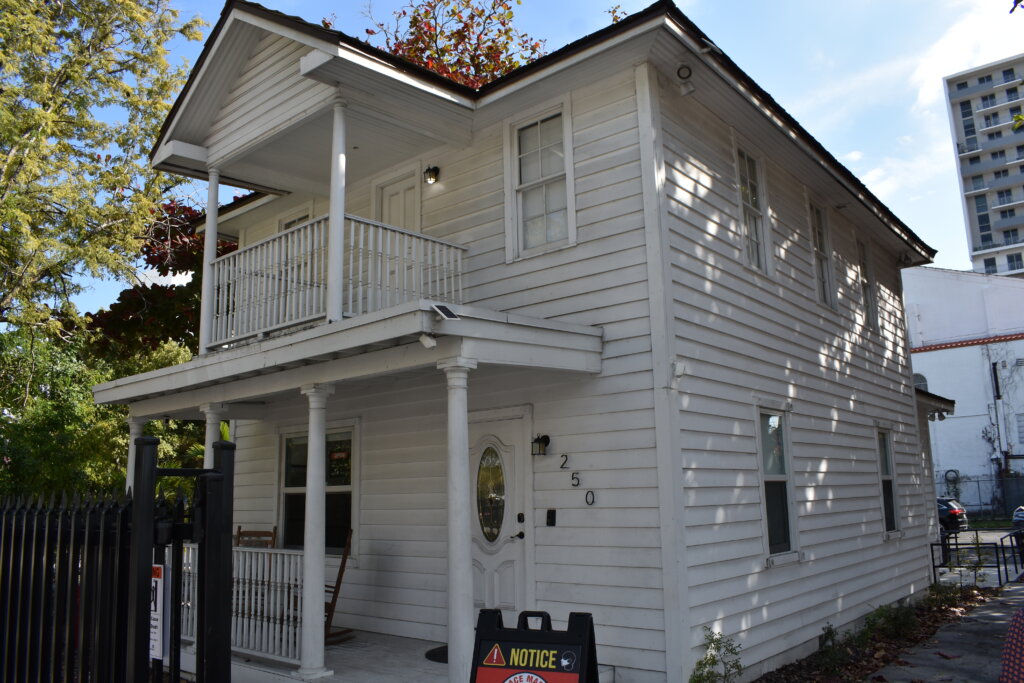


A black neigborhood in Coral Gables? Wasn’t that illegal? Yes, Coral Gables was a Restricted neighborhood, and kind of still is. However, George Merrick left two areas on the other side of US1 for his Bahamian workers. Anywhere you see the white stone street sign on the ground you are in the Gables. Few shotgun homes are left.
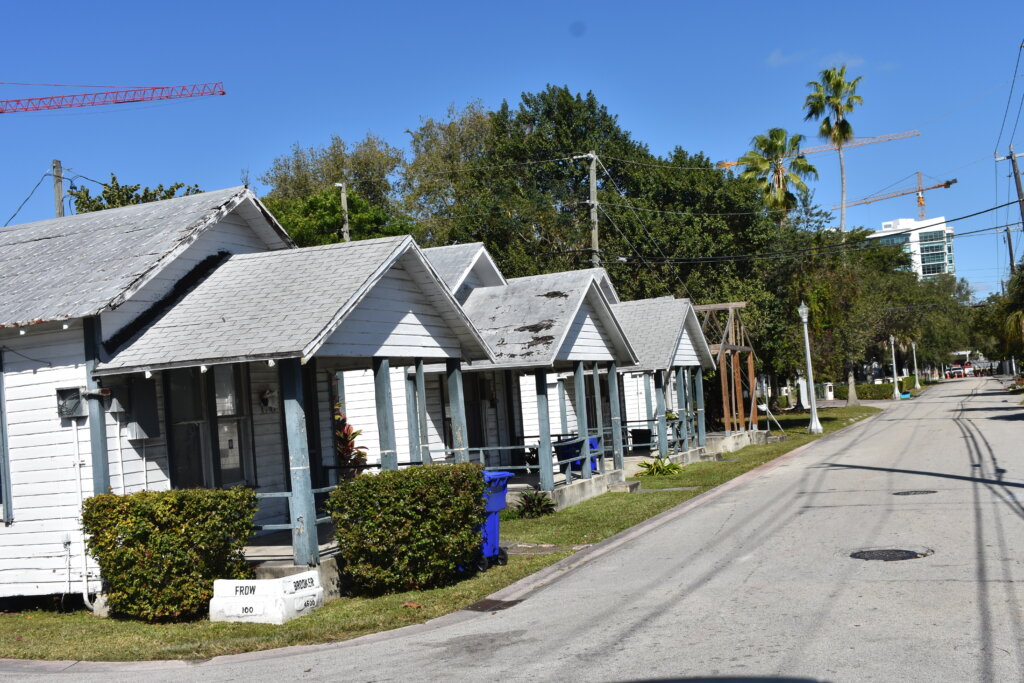
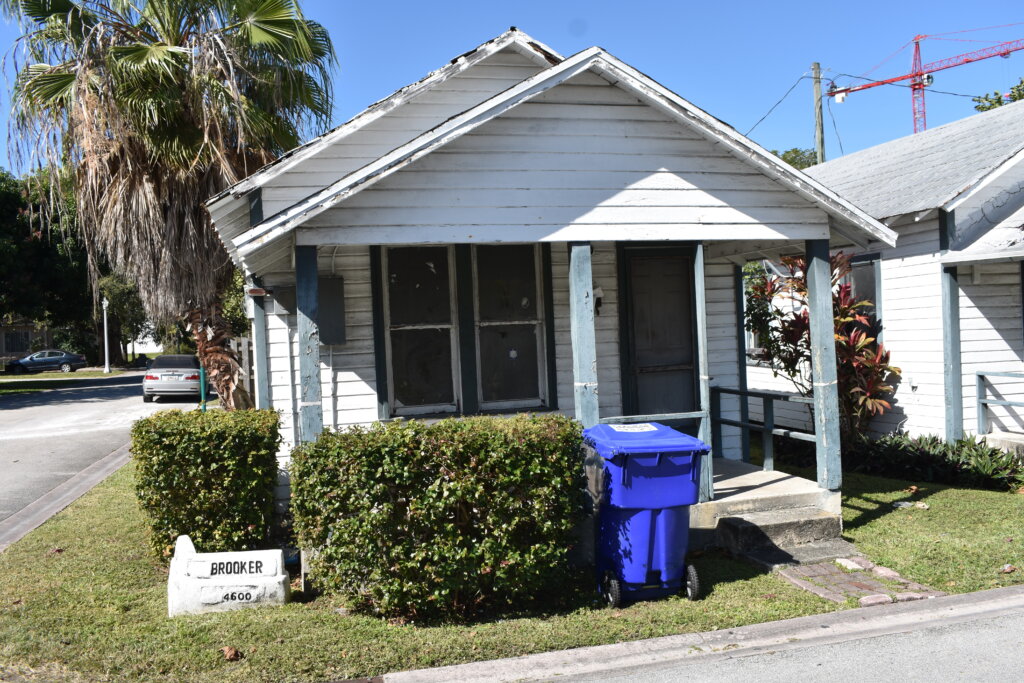
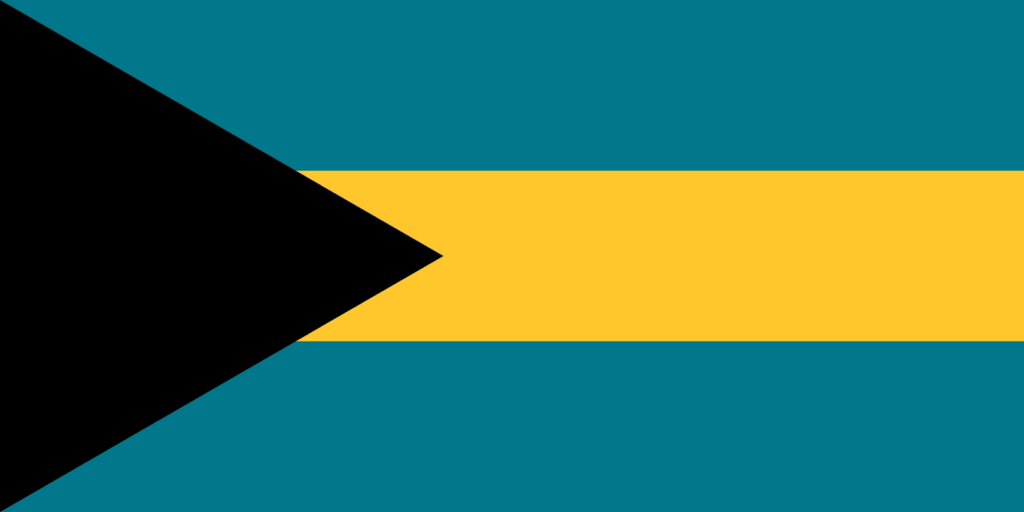
Wynwood is one of the best stops on any tour. The graffiti capital of the world. Once the Puerto Rican barrio, Roberto Clemente was the leader of the first all black Pittsburgh Pirates that won a World Series. Roberto Clemente park lies in the shadows of the ultra chic Edgewater condos facing Biscayne Bay.
To enter Wynwood Walls now requires pre-registration and a fee, killing that special pre pandemic vibe Wynwood Walls had.
The Museum of Graffiti next door is a also a nice stop.
Recommended time in Wynwood is 20 minutes without a stop. An hour with a stop.
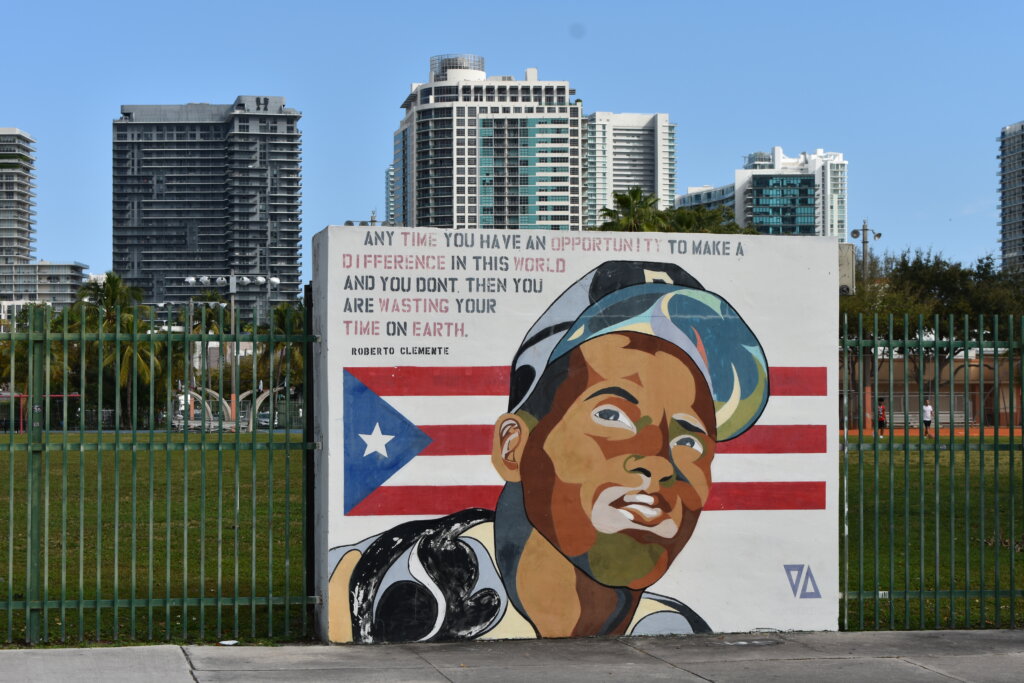
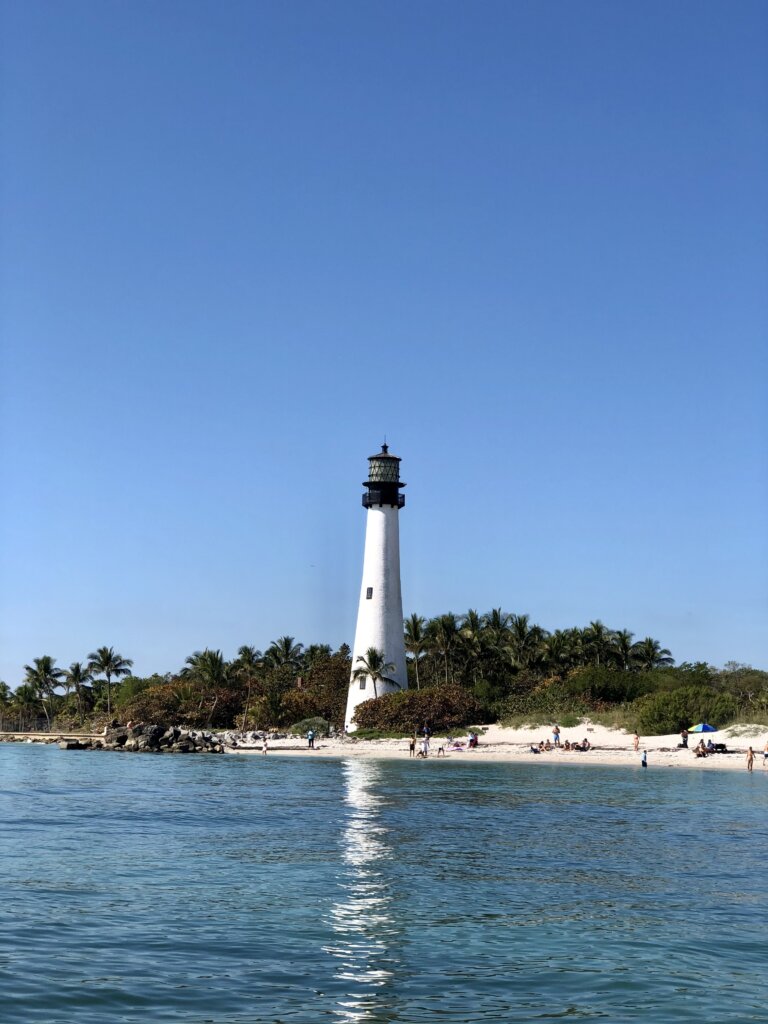

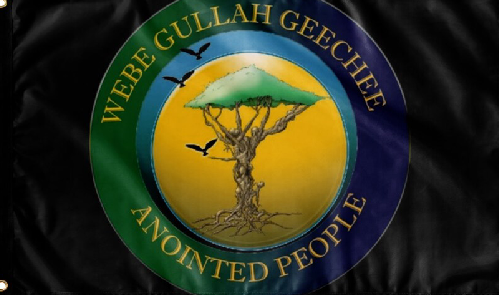
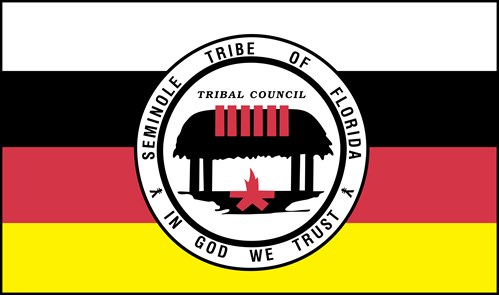

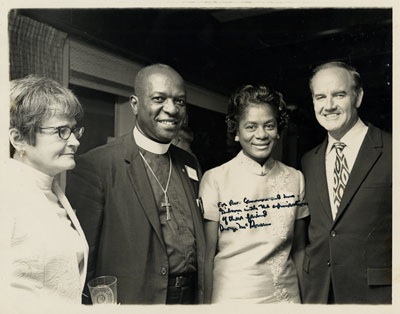
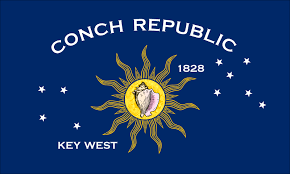

Bahamian born Father Gibson was an iconic civil rights leader with churches in Coconut Grove and Overtown.
Athalie Range was born in Key West to Bahamian parents, another iconic civil rights leader that was in President Carter’s limo when the the limo was pelted w rocks right after the McDuffie riots.

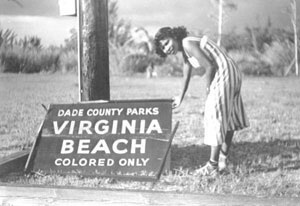
Pictured on the left is Dr. John Brown, another iconic civil rights leader. His wife still maintains the church they built, Church of the Open Door, in the heart of Liberty CIty.
Virginia Beach was created in August 1945 after Rev Mundi and a dozen other WWII veterans went swimming at Haulover Beach, an all white beach. The white people went crazy. A week later the city created Virginia Key beach. Usually this tour just passes by the beach, but a stop can be requested.
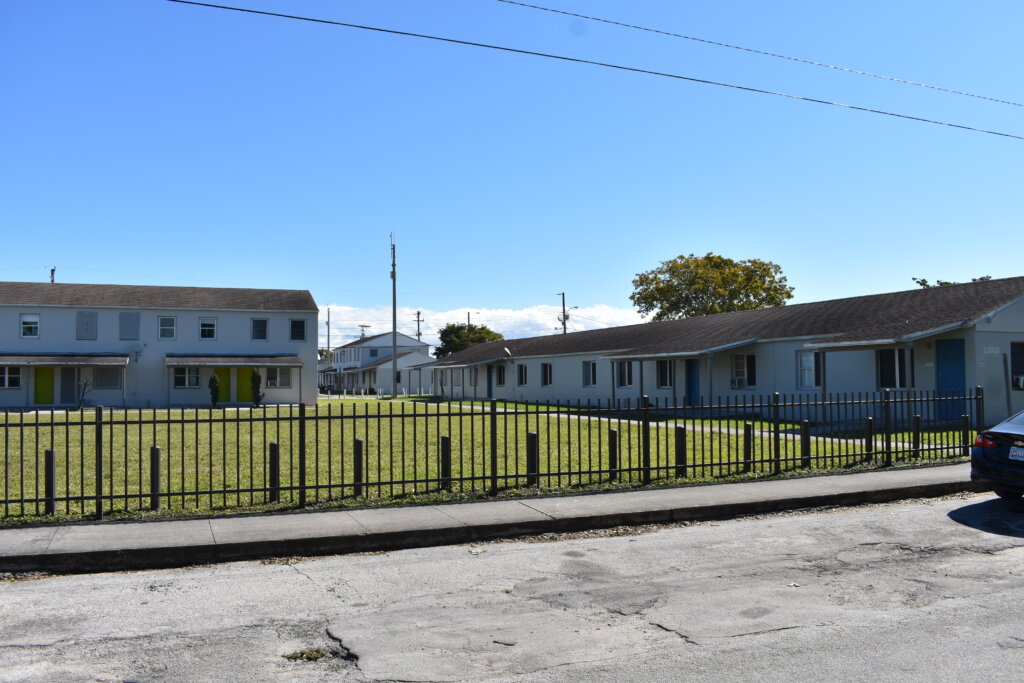


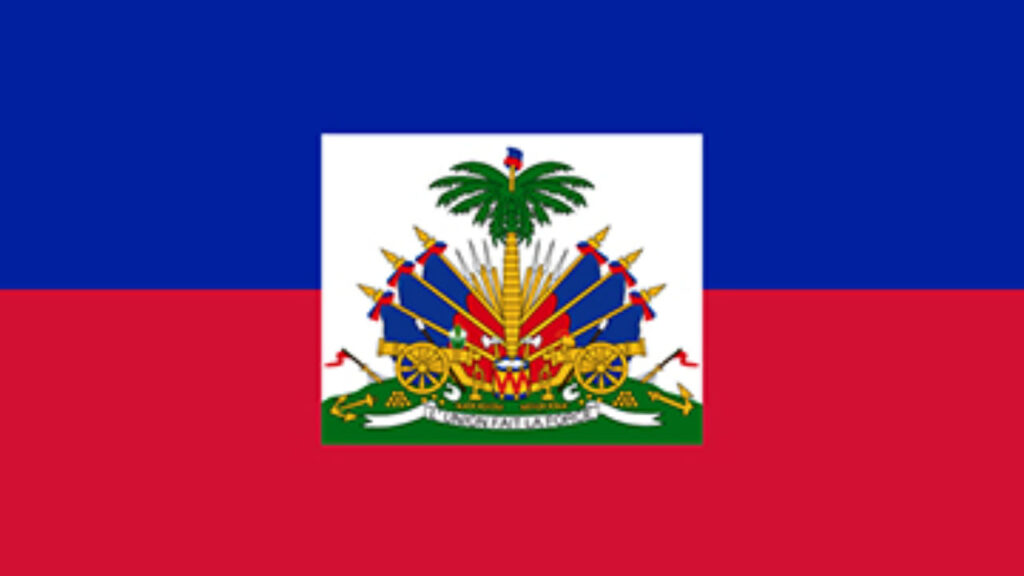
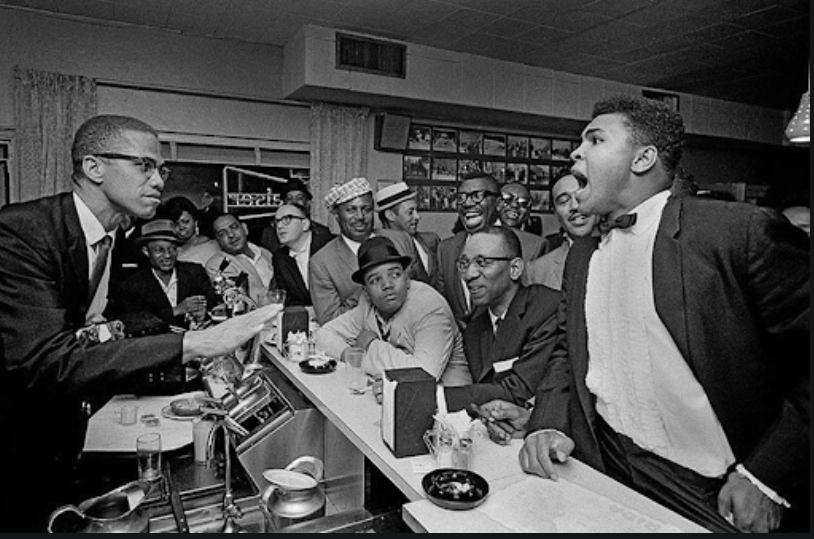
Why does the Black Miami Matters tour obsess over Muhammad Ali?
In Miami we say Cassius Clay was born in Louisville, Muhammad Ali was born in Miami.


Miami is where Cassius Clay beat Sonny Liston in the most famous fight in boxing history. The F.B.I. was so scared of Clay’s new friendship with Malcolm X and Clay’s joining the Nation of Islam, the FBI considered canceling the fight at the Miami Beach Convention Center.
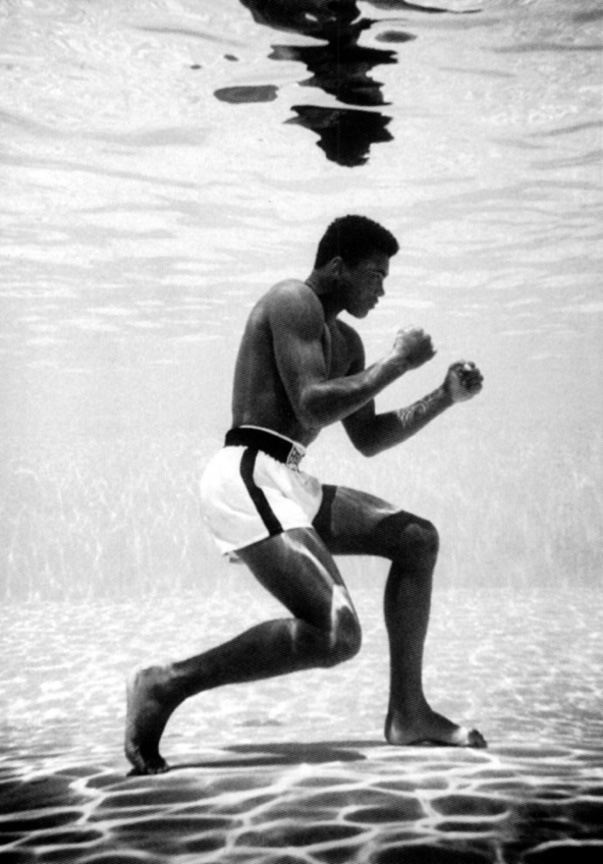
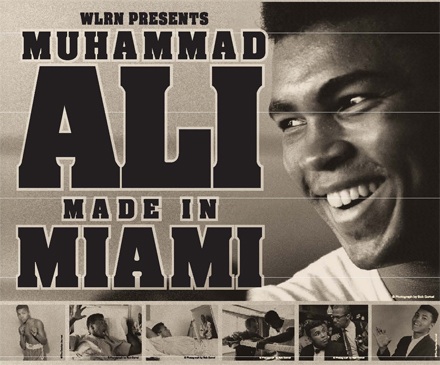
I always pass by Muhammad Ali’s home passing from Brownsville to Liberty City on the Black Miami Matters tour. A very simple house.
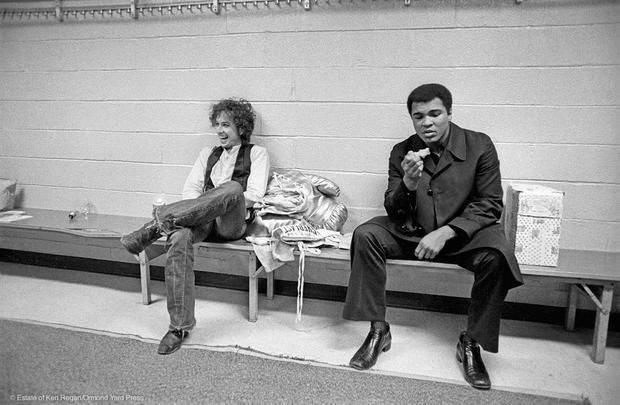
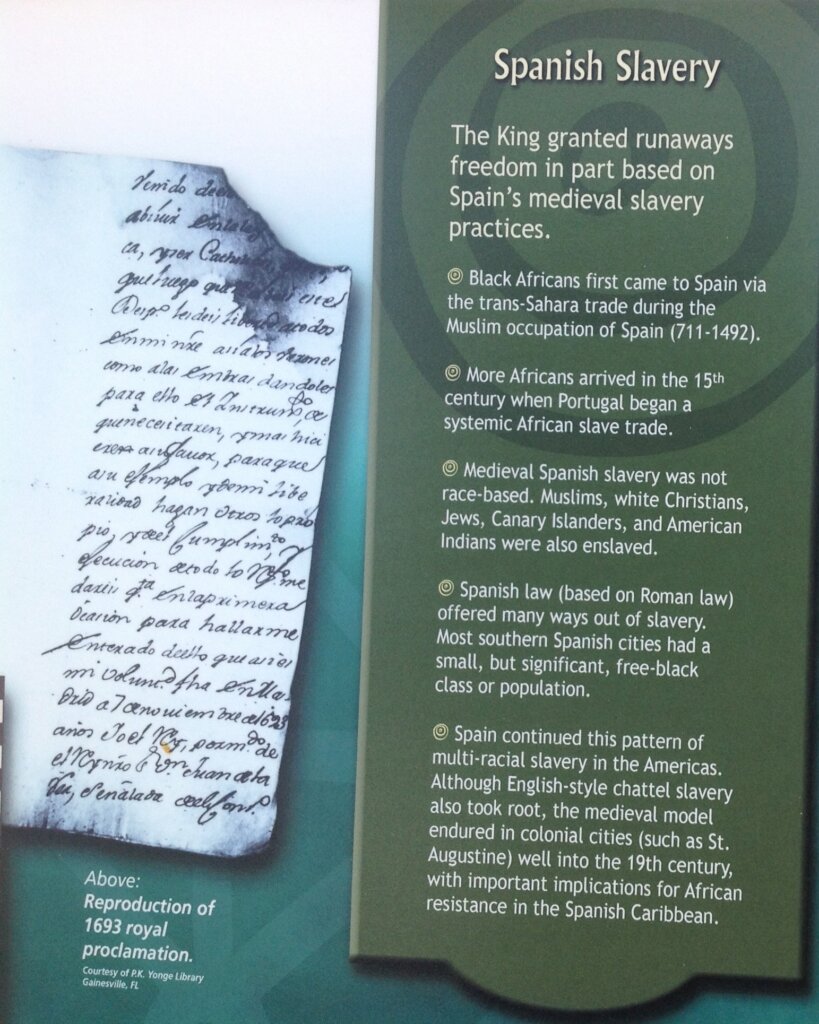
Spanish Florida began Black history in the United States in 1513 with Juan Garrido, a native of the Congo, who accompanied conquistador Ponce de Leon to help claim La Florida for the King of Spain.
Spanish Florida was declared a “Slave Sanctuary” in 1693. Any slave escaping British America could live in freedom in Florida if they converted to Catholicism, baptised their children, and defended Florida against British attacks. Not that they didn’t have slavery (see picture on left).
St. Augustine was founded in 1565 w mostly native and African population. A mix of escaped slaves, refugees from other Spanish colonies in the Caribbean, and a few Spanish.
A black township named Gracia Real de Santa Teresa de Mosé was built a mile north of the city to defend the city from a British invasion. Today called Fort Mosé. A visit to this state park will turn the history of Florida upside down from what Tallahassee teaches us.

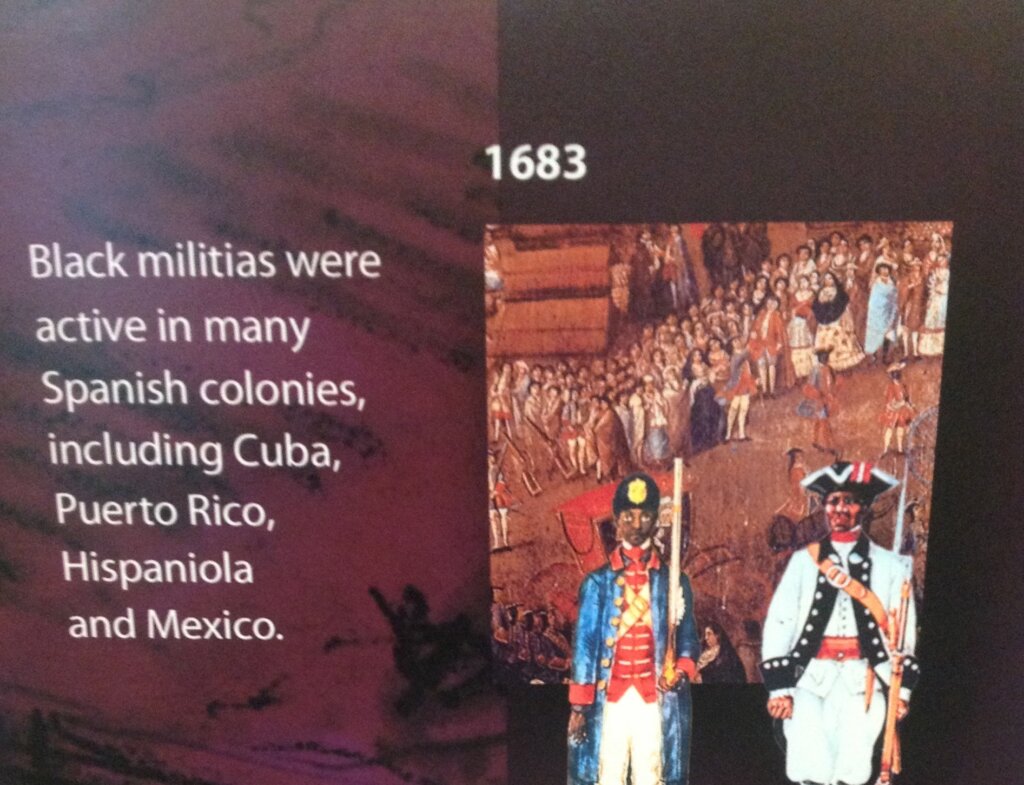
The 300 years of Spanish Florida history has largely been erased by Tallahassee despite our long Native American and African history. Led by General Andrew Jackson, America’s first ethnic cleanser, the United States attacked and stole both East and West Florida from Spain, leading to 50 years of war with the Black Seminoles, called the Seminole Wars bc Jackson could never admit his real motive was to recapture slaves for his slaveowner buddies. Northern states would never have funded a Black Seminole war to recover slaves bc Northern states did not have slaves. So Jackson lied, saying he had to pacify the savage natives.
Africans mixed with multiple tribes, Upper Creeks, Lower Creeks, Red Stick Creeks, Miccosukee that were chased into Florida fighting the US Army, the first war Americans never won.

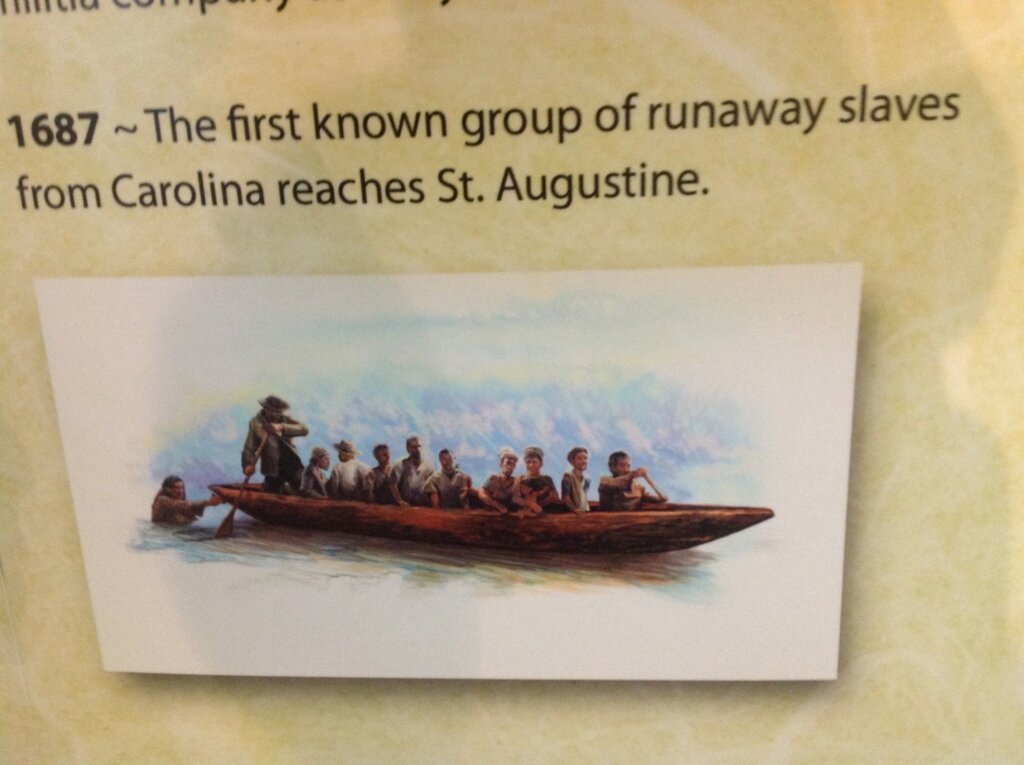
Our rich Native American and African history has had bleach poured all over it by Tallahassee. If you are driving down the state to Miami, you especially need to stop at St. Augustine to push reset on everything you learned about Black history in America.
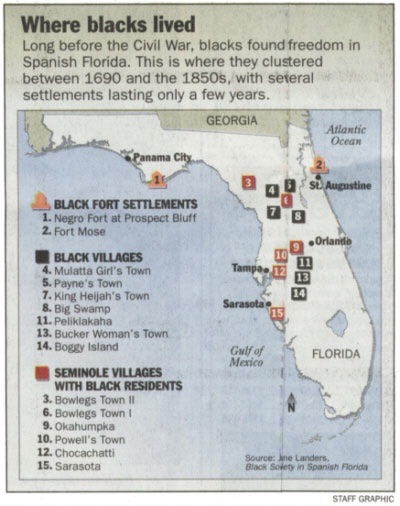
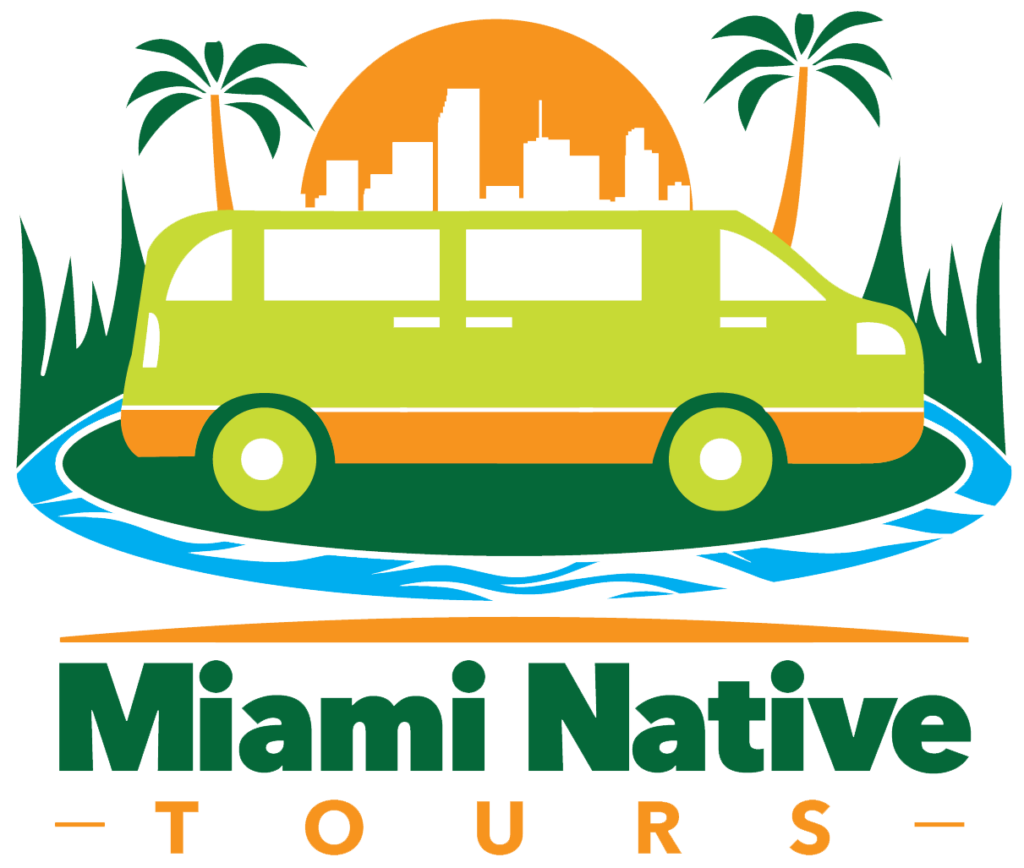
Copyright Miaminativetour@2020